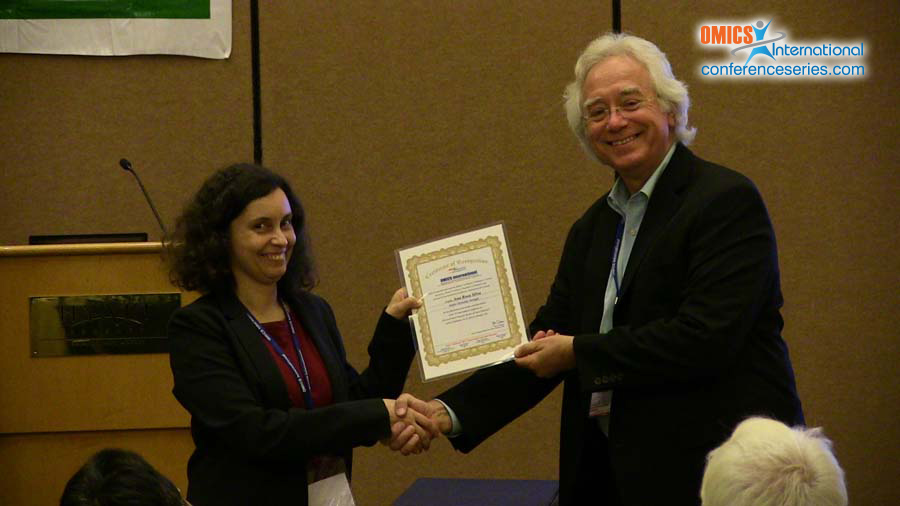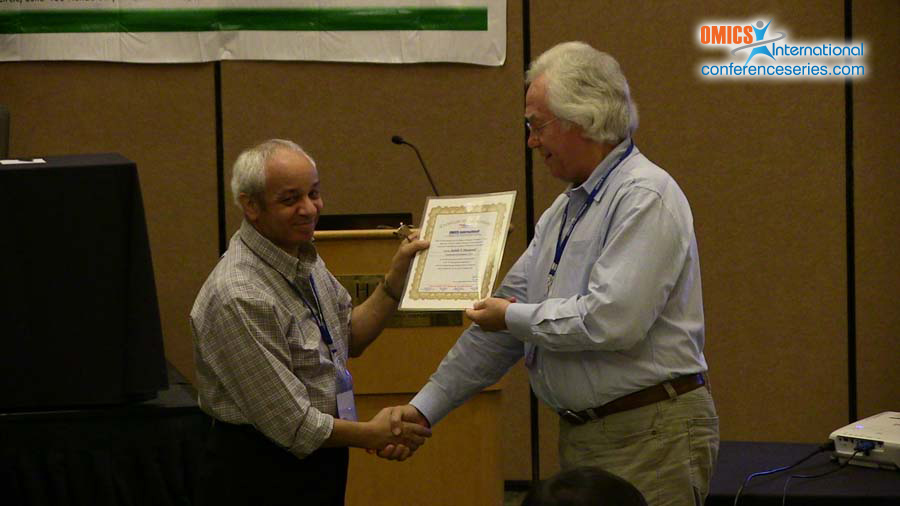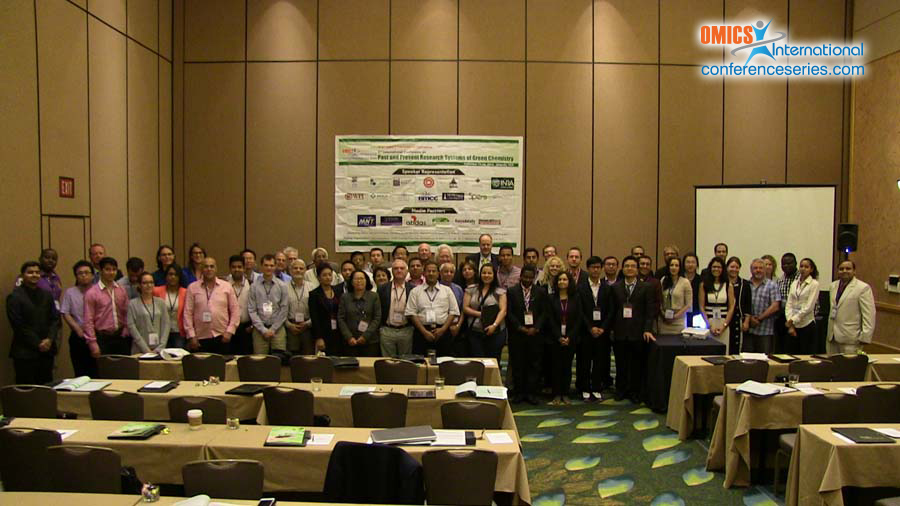
Joseph M Fortunak
Howard University, USA
Title: Green Chemistry and Global Access to Medicines: New Chemistry for Access to HIV, Malaria, and Hepatitis Medicines
Biography
Biography: Joseph M Fortunak
Abstract
Originator pharmaceutical companies employ excellent scientists in development and manufacturing. The “just-in-time” approach to pharmaceutical development expenditures and the emergence of new chemistry and technologies, however, means that opportunities exist to improve commercial manufacturing processes for Active Pharmaceutical Ingredients (APIs) and finished dosage forms. In 2005 the “United Nations Millenium Development Goals: Progress Report” estimated that the richest 15% of the world’s population consumes 91% of medicines. This situation is only modestly improved in the past decade. Most products on the World Health Organization’s “Essential Medicines List” are theoretically available to low- and middle-income countries (LMICs) through generic production, multiple forms of licensing, or favorable access pricing. Generic production of critical medicines for HIV/AIDS, Malaria, and Hepatitis C has greatly reduced prices – in many cases to less than 1% of high-income country pricing. Academic research has the ability to focus on optimizing the chemistry for producing critical medicines “to the nth degree” whereas even generic manufacturers cannot focus on the absolutely lowest cost of producing essential medicines. We use green chemistry and flow processing to reduce the cost of manufacturing critical APIs for HIV/AIDS (the HIV Protease Inhibitors darunavir and atazanavir), Hepatitis, and Malaria (amodiaquine, piperaquine, and lumefantrine), with a focus on green chemistry and on continuous processing. This includes an organocatalytic approach to simultaneously setting two contiguous chiral centers in darunavir and atazanavir with complete control of stereochemistry.
Speaker Presentations
Speaker PPTs Click Here



